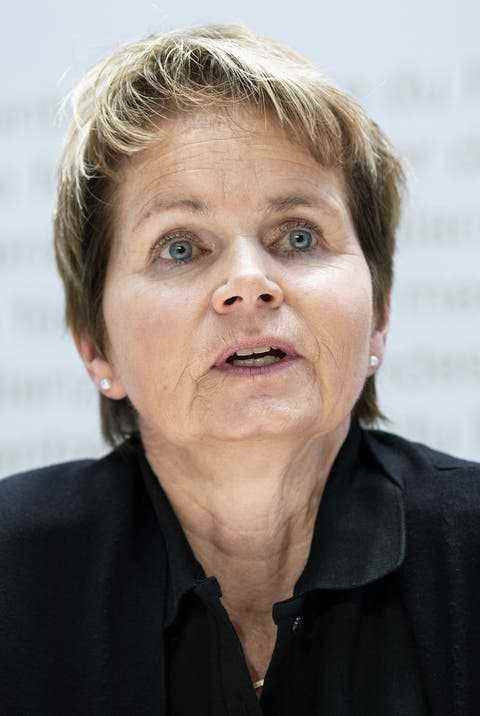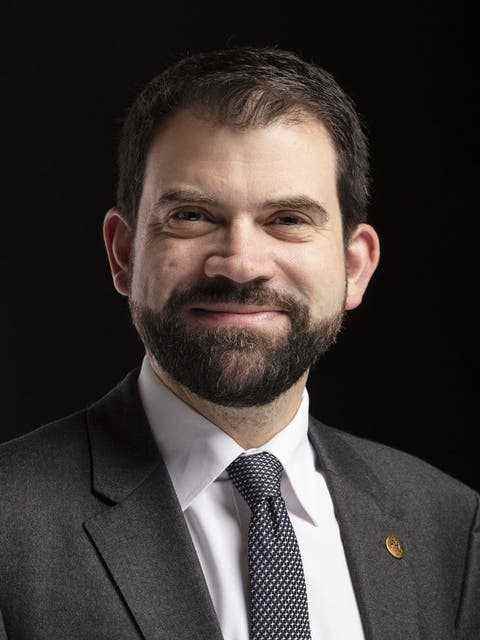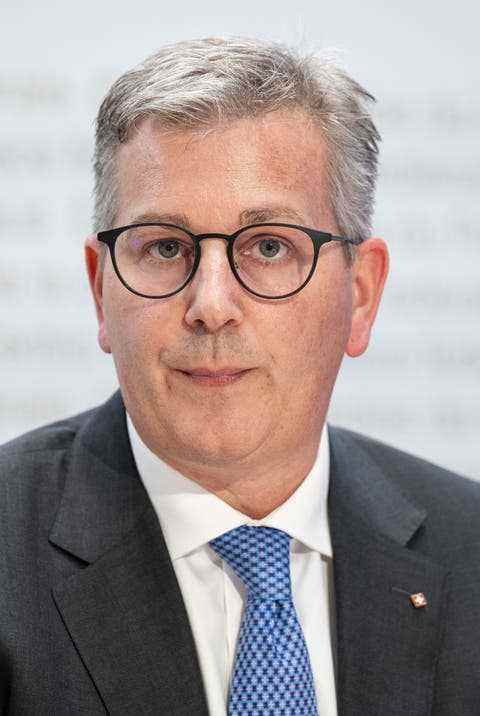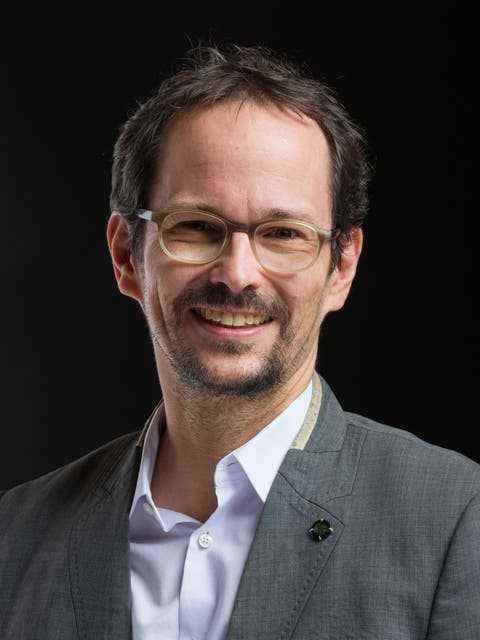Parliamentary delegations from both countries attended the conference on the reconstruction of Ukraine. Swiss politicians tell of “touching encounters”. But did they bring anything?
The plenary hall in the Lugano conference center was full – but that alone does not guarantee fruitful discussions.
The international conference in Lugano, at which the reconstruction of Ukraine was discussed for two days, is history. But will she also make history? Four Swiss parliamentarians, who were able to talk to their Ukrainian counterparts on site, give their assessment.

Brigitte Häberli-Koller, member of the Central Council of States
Brigitte Häberli-Koller, Councilor of States Mitte: “For me personally, the most important moment of the conference was the exchange with the Ukrainian parliamentarians. Their descriptions were touching, and it was just impressive to hear what an arduous journey they had to take to travel to Lugano. They asked us more questions than we asked them, some of them very specific ones: for example, they were interested in direct democracy or vocational training. You could tell that Switzerland is a role model for them. For our part, we have pointed out to them that efforts against corruption in Ukraine must be intensified. Whether the conference will also be of importance from a geopolitical perspective remains to be seen. It certainly didn’t hurt to lay down a few principles for reconstruction. Viewed soberly, however, they are formulated in such a way that one can hardly object to them. It is correct that Switzerland has made good diplomatic services available to her. But euphoria would be out of place.”

Damien Cottier, leader of the FDP parliamentary group
Damien Cottier, National Councilor and FDP parliamentary group leader: «The Lugano conference was the beginning of a long journey and in this respect it was very useful. The goals were achieved, even if they could only be modest at the present time. Nothing more was to be expected. The adopted declaration is balanced and will be relevant for the rest of the process. It provides a framework for the major investments that will be necessary for reconstruction – for example in relation to corruption, the reform processes and sustainability. It is right and important for Switzerland to get involved in this matter. It was not about Federal President Ignazio Cassis, but about Ukraine. A typical journalist question is whether he wanted to put himself in the limelight. Cassis’ role is to do what’s best for Switzerland – and he did it.”

Marco Chiesa, party president SVP
Marco Chiesa, Councilor of States and Party President SVP: “Read the Lugano Declaration carefully. Is there anything you spot that knocks your socks off? Even. Some of the established principles are astonishingly banal. It should go without saying that a state that demands billions in support should ensure transparency and an end to corruption. In addition, the Ukrainian demand to expropriate Russian oligarchs and use the money for reconstruction shows a strange understanding of the law. I was also surprised that the discussions also included the cities of Luhansk and Donetsk, which are occupied by Russia. Instead of organizing such alibi conferences as in Lugano, Switzerland should actually offer its good offices to facilitate negotiations on a ceasefire and peace. Unfortunately, that is no longer possible because the Federal Council and Parliament have lost the credibility of our neutrality with an unspeakable policy of sanctions.”

Balthasar Glättli, Green Party President
Balthasar Glättli, member of the National Council and Party President of the Greens: “Although like most people, I’m deeply involved with the war in Ukraine, I learned a lot in Lugano. It was particularly impressive to hear what a huge challenge the immense number of refugees posed within the country itself, specifically for the education system and the living situation of the people affected. The fact that the Ukrainian delegation still felt a lot of hope for the future touched me and gave me courage. It was right to start discussing the gradual reconstruction of the country now, even if the war continues. The motto is: ‹build back better!› The Ukraine of tomorrow should be more sustainable, greener and more digital. That is why intelligent and future-proof guidelines are needed – like those adopted in Lugano. But it also needs support with expertise and massive funds: As a neutral country that is not allowed to help with arms deliveries, Switzerland remains particularly challenged.”
